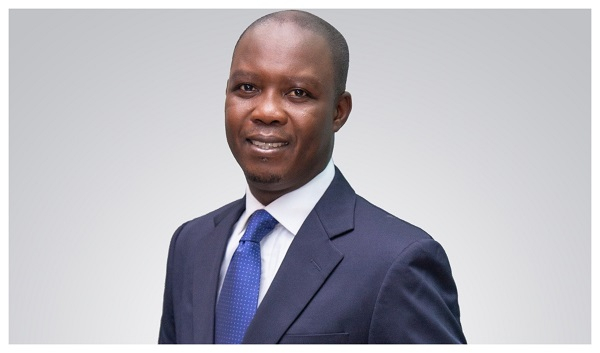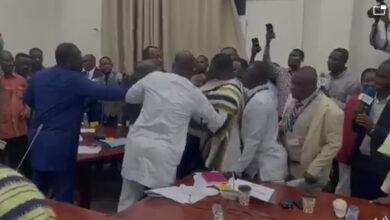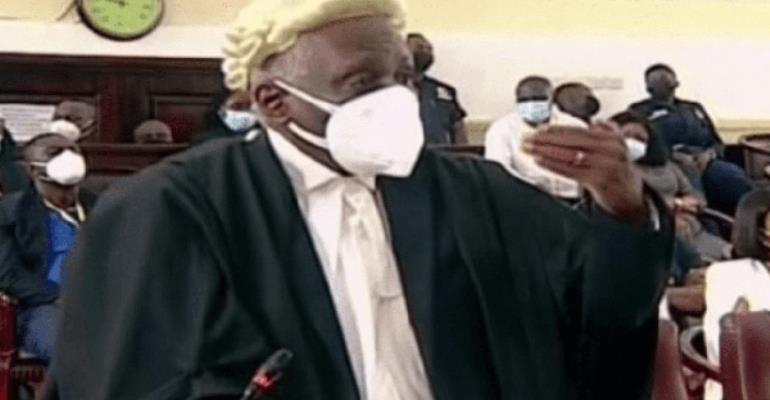How Rawlings leads June 4 Revolution to overthrow Akuffo-led SMC II
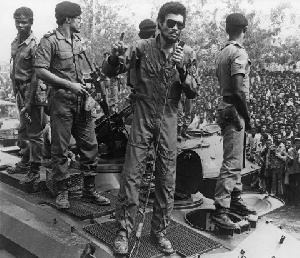
Wednesday, June 4, 2025, marks the 46th anniversary of the June 4 Revolution, an important moment in Ghana’s political history.
It was an event that saw Flight Lieutenant Jerry John Rawlings and junior officers of the Ghana Armed Forces overthrow the Supreme Military Council II (SMC II) led by General Fred W. K. Akuffo in 1979.
The uprising, driven by widespread discontent over corruption, economic hardship, and military indiscipline, reshaped Ghana’s political history and remains a deeply debated chapter in the nation’s story.
A nation in crisis
By the late 1970s, Ghana was reeling from economic mismanagement and social unrest.
The SMC I, under General Ignatius Kutu Acheampong, had governed since 1972, but its policies led to rampant inflation, shortages of basic goods, and widespread smuggling, locally termed “kalabule”.
Public frustration grew as corruption permeated both civilian and military spheres.
In July 1978, General Akuffo, then Chief of Defence Staff, led a palace coup to replace Acheampong, establishing the SMC II.
However, Akuffo’s regime failed to address the deepening economic crisis or restore public confidence, further fuelling discontent.
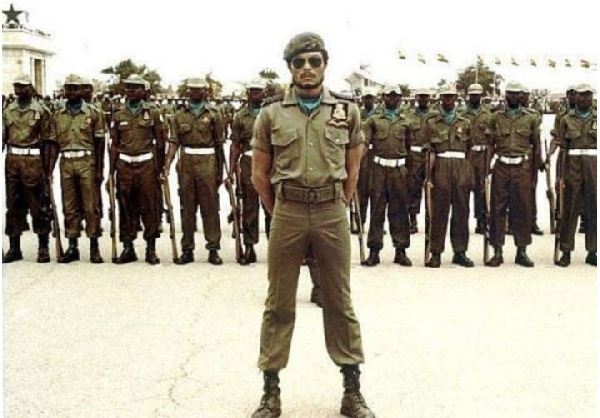
Within the military, junior officers and enlisted ranks were particularly aggrieved.
Unpaid salaries, poor working conditions, and perceived corruption among senior officers created a volatile atmosphere.
The stage was set for a radical response, led by a charismatic and outspoken young officer, Jerry John Rawlings.
The spark of rebellion
The June 4th Revolution was preceded by a failed coup attempt on May 15, 1979, led by Rawlings and other junior officers.
Their arrest and public trial backfired on the SMC II, as Rawlings used the courtroom to denounce the regime’s corruption, striking a chord with a frustrated populace.
Taking full responsibility for the mutiny, he demanded the release of his co-accused, earning widespread admiration.
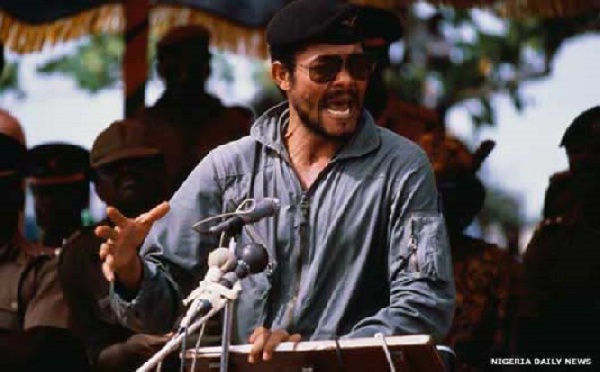
On the night of June 3, 1979, junior officers, including Major Boakye Djan, staged a daring operation to free Rawlings from custody.
By the morning of June 4, Rawlings announced on national radio that he had been released by the ranks and was under their command, calling on soldiers to converge at Nicholson Stadium in Burma Camp, Accra.
The uprising gained rapid momentum, with soldiers and civilians rallying against the SMC II.
Fierce fighting erupted, claiming the lives of several military personnel, including Major General Odartey-Wellington, who attempted to suppress the revolt, and Colonel Joseph Enningful, a former tribunal president.
The rise of the AFRC
With the SMC II regime toppled, Rawlings and his allies established the Armed Forces Revolutionary Council (AFRC) to govern the country.
The AFRC’s stated mission was to root out corruption and restore discipline through a “house cleaning exercise”.
This campaign targeted senior military officers and public servants accused of economic and political crimes. In a controversial move, eight high-ranking officials, including three former heads of state—Generals Akuffo, Acheampong, and Akwasi Afrifa—were executed by firing squad, a decision that remains one of the most polarising aspects of the revolution.
The AFRC’s brief rule, from June 4 to September 24, 1979, allowed the scheduled general elections to proceed, leading to the victory of Dr Hilla Limann’s People’s National Party (PNP).
Power was handed over to Limann’s civilian government, marking the start of Ghana’s Third Republic.
However, Rawlings’ dissatisfaction with Limann’s administration would later lead to another coup on December 31, 1981, ushering in the Provisional National Defence Council (PNDC) era.
A divisive legacy
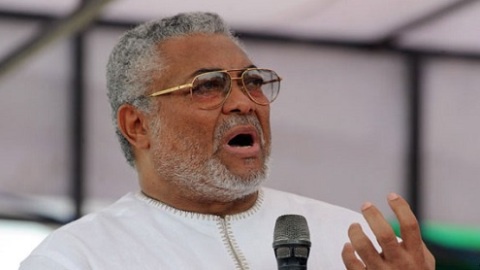
The June 4th Revolution is remembered as both a bold stand against corruption and a period of violence and instability.
Supporters view it as a necessary purge of a corrupt elite, with Rawlings emerging as a champion of the masses.
The uprising’s focus on accountability resonated with Ghanaians suffering from economic hardship and inspired later democratic reforms.
However, critics highlight the lawlessness that accompanied the revolution, including arbitrary arrests, beatings, property seizures, and loss of lives and businesses, which forced many Ghanaians to flee the country.
The executions, in particular, remain a painful memory for the families of the victims.
The revolution was commemorated as a public holiday in Ghana until 2004, when President John Agyekum Kufuor revoked its status, citing its sensitivity for those affected by the violence.


